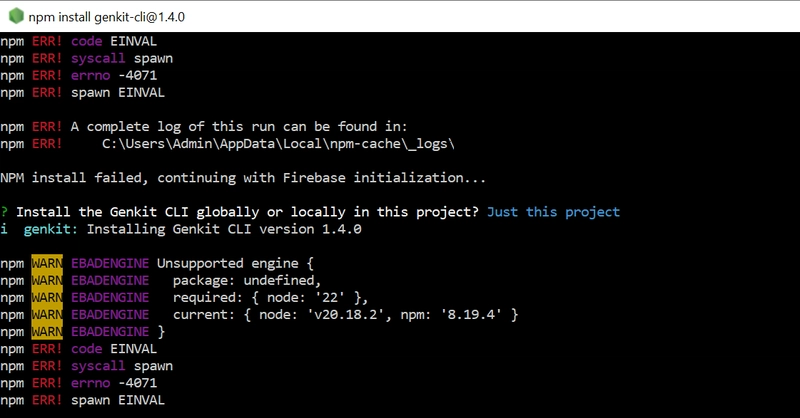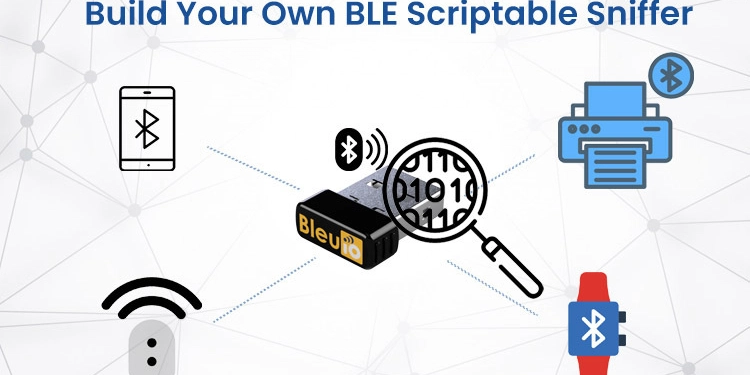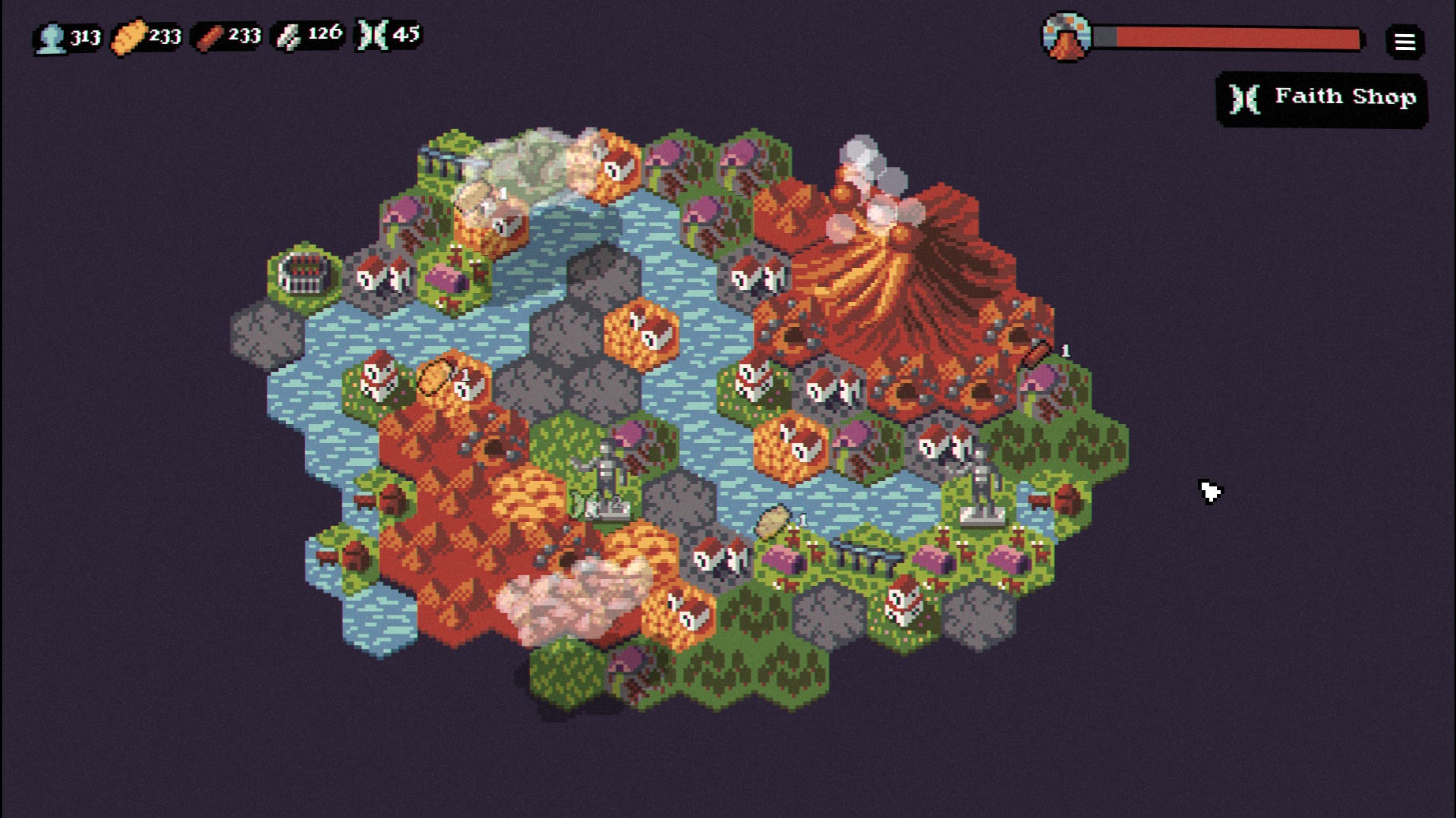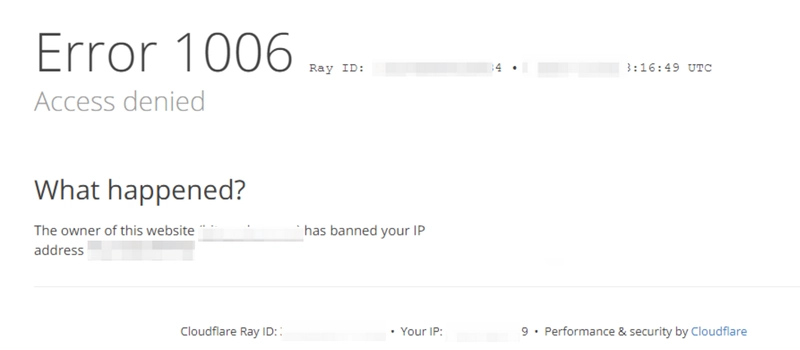How to Learn Artificial Intelligence From Scratch?
Artificial Intelligence (AI) is one of the most exciting and rapidly evolving fields today. Whether you’re a complete beginner or someone with a technical background, learning AI from scratch requires structured steps, dedication, and practical experience. This guide will help you navigate your AI learning journey effectively. How to Learn Artificial Intelligence From Scratch? 1. Understand the Basics of AI Before diving deep, it's essential to grasp the fundamental concepts of AI, including machine learning, deep learning, and neural networks. Read introductory books like Artificial Intelligence: A Guide for Thinking Humans by Melanie Mitchell or explore online resources. 2. Learn Mathematics for AI Mathematics forms the foundation of AI. Focus on key areas such as: Linear Algebra (vectors, matrices, eigenvalues) Probability & Statistics (Bayes’ theorem, distributions, statistical inference) Calculus (derivatives, integrals, optimization techniques) 3. Develop Programming Skills Python is the most widely used language in AI due to its simplicity and extensive libraries. Start learning Python if you haven’t already. Familiarize yourself with essential libraries such as: NumPy & Pandas (data handling) Matplotlib & Seaborn (data visualization) Scikit-learn (machine learning algorithms) 4. Study Machine Learning (ML) Basics Machine learning is a core subset of AI. Begin by understanding: Supervised Learning (regression, classification) Unsupervised Learning (clustering, dimensionality reduction) Reinforcement Learning (reward-based learning) Take online courses like Andrew Ng’s Machine Learning on Coursera to build a strong foundation. 5. Explore Deep Learning Deep learning powers many AI advancements today. Learn about: Neural Networks (perceptrons, activation functions) Convolutional Neural Networks (CNNs) (image processing) Recurrent Neural Networks (RNNs) (sequence modeling, NLP) Transformers (advanced NLP models like GPT and BERT) TensorFlow and PyTorch are the two most popular frameworks for deep learning—pick one and practice. 6. Work on Real-World Projects Theory is important, but hands-on experience is crucial. Apply your knowledge by working on projects such as: Image classification Sentiment analysis Chatbots and virtual assistants Predictive analytics Use platforms like Kaggle for datasets and competitions to enhance your practical skills. 7. Read Research Papers To stay updated with AI advancements, read research papers on sites like arXiv, Google Scholar, and OpenAI blogs. Understanding academic literature will give you insights into cutting-edge AI techniques. 8. Join AI Communities and Forums Networking with other AI enthusiasts helps in learning and staying motivated. Engage with communities like: GitHub (for open-source projects) Stack Overflow (for troubleshooting) AI-related subreddits and Discord groups 9. Take Specialized AI Courses Once you grasp the basics, dive deeper into specialized topics like: Natural Language Processing (NLP) Computer Vision Reinforcement Learning AI Ethics and Fairness Courses from platforms like Udacity, edX, and Fast.ai can be highly beneficial. 10. Stay Consistent and Keep Experimenting AI is a vast field, and continuous learning is key. Set small goals, track your progress, and experiment with new AI techniques regularly. Final Thoughts Learning AI from scratch requires patience, persistence, and hands-on practice. By following this structured approach, you’ll build a solid foundation and be well on your way to mastering AI.

Artificial Intelligence (AI) is one of the most exciting and rapidly evolving fields today. Whether you’re a complete beginner or someone with a technical background, learning AI from scratch requires structured steps, dedication, and practical experience. This guide will help you navigate your AI learning journey effectively.
How to Learn Artificial Intelligence From Scratch?
1. Understand the Basics of AI
Before diving deep, it's essential to grasp the fundamental concepts of AI, including machine learning, deep learning, and neural networks. Read introductory books like Artificial Intelligence: A Guide for Thinking Humans by Melanie Mitchell or explore online resources.
2. Learn Mathematics for AI
Mathematics forms the foundation of AI. Focus on key areas such as:
- Linear Algebra (vectors, matrices, eigenvalues)
- Probability & Statistics (Bayes’ theorem, distributions, statistical inference)
- Calculus (derivatives, integrals, optimization techniques)
3. Develop Programming Skills
Python is the most widely used language in AI due to its simplicity and extensive libraries. Start learning Python if you haven’t already. Familiarize yourself with essential libraries such as:
- NumPy & Pandas (data handling)
- Matplotlib & Seaborn (data visualization)
- Scikit-learn (machine learning algorithms)
4. Study Machine Learning (ML) Basics
Machine learning is a core subset of AI. Begin by understanding:
- Supervised Learning (regression, classification)
- Unsupervised Learning (clustering, dimensionality reduction)
- Reinforcement Learning (reward-based learning)
Take online courses like Andrew Ng’s Machine Learning on Coursera to build a strong foundation.
5. Explore Deep Learning
Deep learning powers many AI advancements today. Learn about:
- Neural Networks (perceptrons, activation functions)
- Convolutional Neural Networks (CNNs) (image processing)
- Recurrent Neural Networks (RNNs) (sequence modeling, NLP)
- Transformers (advanced NLP models like GPT and BERT)
TensorFlow and PyTorch are the two most popular frameworks for deep learning—pick one and practice.
6. Work on Real-World Projects
Theory is important, but hands-on experience is crucial. Apply your knowledge by working on projects such as:
- Image classification
- Sentiment analysis
- Chatbots and virtual assistants
- Predictive analytics
Use platforms like Kaggle for datasets and competitions to enhance your practical skills.
7. Read Research Papers
To stay updated with AI advancements, read research papers on sites like arXiv, Google Scholar, and OpenAI blogs. Understanding academic literature will give you insights into cutting-edge AI techniques.
8. Join AI Communities and Forums
Networking with other AI enthusiasts helps in learning and staying motivated. Engage with communities like:
- GitHub (for open-source projects)
- Stack Overflow (for troubleshooting)
- AI-related subreddits and Discord groups
9. Take Specialized AI Courses
Once you grasp the basics, dive deeper into specialized topics like:
- Natural Language Processing (NLP)
- Computer Vision
- Reinforcement Learning
- AI Ethics and Fairness
Courses from platforms like Udacity, edX, and Fast.ai can be highly beneficial.
10. Stay Consistent and Keep Experimenting
AI is a vast field, and continuous learning is key. Set small goals, track your progress, and experiment with new AI techniques regularly.
Final Thoughts
Learning AI from scratch requires patience, persistence, and hands-on practice. By following this structured approach, you’ll build a solid foundation and be well on your way to mastering AI.




















































%20Abstract%20Background%20112024%20SOURCE%20Amazon.jpg)






















































































































![[The AI Show Episode 142]: ChatGPT’s New Image Generator, Studio Ghibli Craze and Backlash, Gemini 2.5, OpenAI Academy, 4o Updates, Vibe Marketing & xAI Acquires X](https://www.marketingaiinstitute.com/hubfs/ep%20142%20cover.png)
























































































































































































































































-Nintendo-Switch-2-–-Overview-trailer-00-00-10.png?width=1920&height=1920&fit=bounds&quality=80&format=jpg&auto=webp#)





















_Anna_Berkut_Alamy.jpg?#)













































































































![YouTube Announces New Creation Tools for Shorts [Video]](https://www.iclarified.com/images/news/96923/96923/96923-640.jpg)





































































![[Weekly funding roundup March 29-April 4] Steady-state VC inflow pre-empts Trump tariff impact](https://images.yourstory.com/cs/2/220356402d6d11e9aa979329348d4c3e/WeeklyFundingRoundupNewLogo1-1739546168054.jpg)





























































